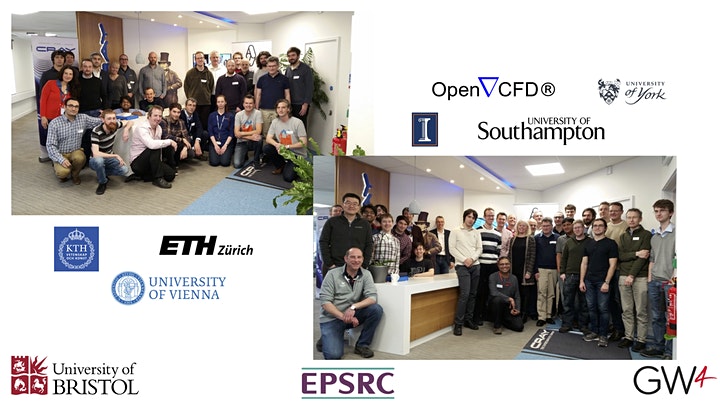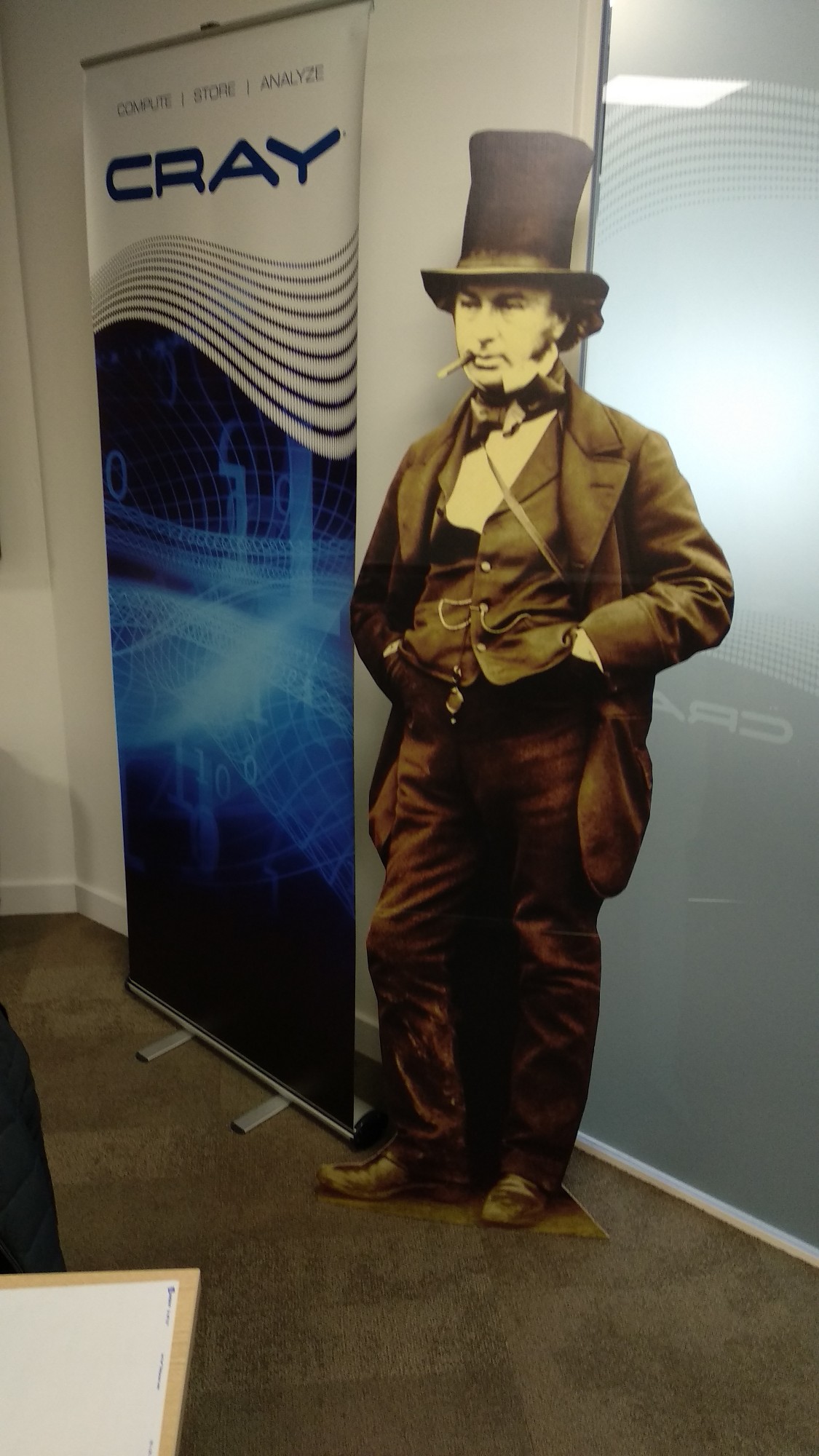A two-day hackathon to focus on porting and optimising HPC codes to the latest Arm-based processor: Fujitsu’s A64fx
Tue, 23 Mar 2021, 09:30 – Wed, 24 Mar 2021, 17:00 GMT
https://www.eventbrite.co.uk/e/the-3rd-isambard-hackathon-full-steam-ahead-tickets-143718930189
Hackthon Description
The third in the Isambard hackathon series will take place online via Zoom, and focus on porting and optimising codes to the processor behind Fugaku, the fastest supercomputer in the world - the Arm-based A64fx from Fujitsu. Isambard now includes a rack of 72 A64fx processors, along with Cray, Arm and GNU compilers.
The hackathon will begin with a training session from Arm and Cray/HPE on the architecture and software tools, before moving into the hands-on part of the hackathon. All attendees will be given accounts on the Isambard A64fx Apollo 80 system for the duration of the event. Accounts may be available to continue porting activities post the event, upon request. For more details about the system, see:
https://gw4-isambard.github.io/docs/
Schedule (all times GMT)
Tuesday March 23rd:
09:30 - 09:40: Welcome and introductions (Prof. Simon McIntosh-Smith, Isambard PI)
09:40-11:30: An introduction to the A64fx architecture, including SVE and software tools (Phil Ridley, Arm)
11:30-11:45: Break
11:45-12:45: The A64fx software environment on the HPE Apollo 80 (John Levesque, Cray/HPE)
12:45-14:00: Lunch
14:00-17:00: Hands-on hackathon, supported by Isambard GW4, Arm and Cray/HPE staff
Wednesday March 24th:
09:30-11:00: Review of Tuesday’s session and hackathon continuation
11:00-11:30: Break
11:30-13:00: Hackathon cont.
13:00-14:00: Lunch
14:00-17:00: Hackathon cont.
17:00: Hackathon wrap-up and next steps.
Zoom meeting details
These will be emailed to you as part of your tickets.
Previous Isambard Hackathons
Isambard has run two previous hackathons which were extremely successful. Run in October 2017 and March 2018, they were some of the very first public events porting HPC codes to production Arm hardware. This third Isambard hackathon is one of the very first such public events targetting the A64fx, and the first in Europe.

The Isambard 2 A64fx Apollo 80 system includes 72 A64fx CPUs, and Infiniband interconnect, and the Cray/HPE, Arm and GNU compilers for Arm. Hackathon attendees will be given training accounts on the system for the hackathon, and may be permitted to retain access after the hackathon to continue porting and optimisation activities.
Isambard is a UK National Tier-2 service, funded by EPSRC (EP/P020224/1). Isambard is run by the GW4 Alliance of the universities of Bristol, Bath, Cardiff and Exeter, along with the UK’s Met Office.
Previous results from Isambard were published at the Cray User Group workshops in 2018 and 2019, winning the best paper award in 2019:
McIntosh‐Smith, Simon, James Price, Tom Deakin, and Andrei Poenaru. “A performance analysis of the first generation of HPC‐optimized Arm processors.” Concurrency and Computation: Practice and Experience 31, no. 16 (2019): e5110.
https://doi.org/10.1002/cpe.5110
McIntosh‐Smith, Simon, James Price, Andrei Poenaru, and Tom Deakin. “Benchmarking the first generation of production quality Arm‐based supercomputers.” Concurrency and Computation: Practice and Experience 32, no. 20 (2020): e5569.
https://doi.org/10.1002/cpe.5569

